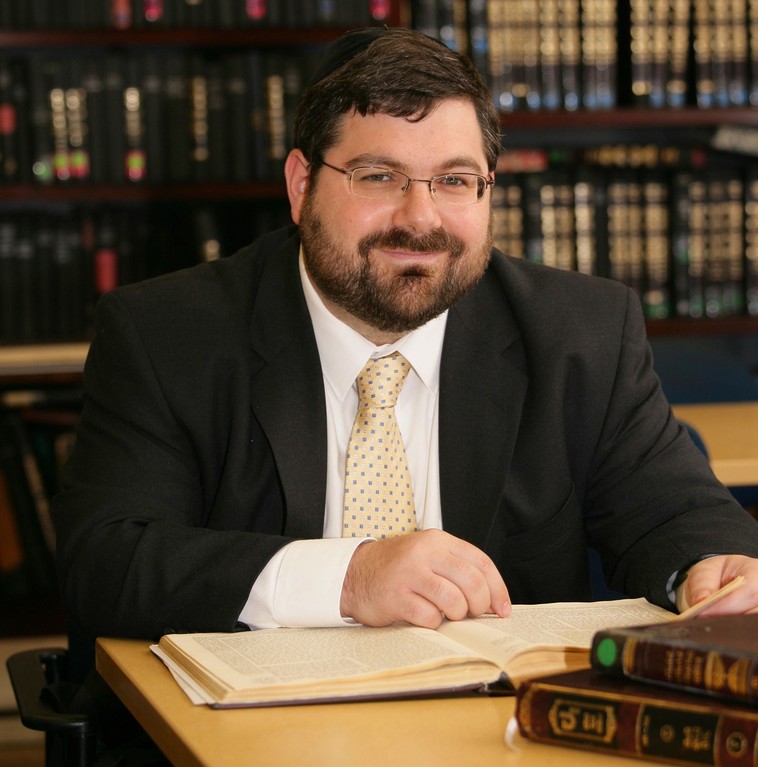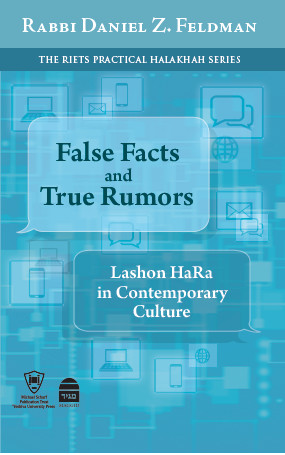Rumors, false and true: a lashon hara primer
Last week, the Rosh Yeshiva of Netiv Aryeh in Jerusalem, Rav Avigdor Nebenzahl, shelita, published an inspiring essay titled, “The Servitude in Egypt as a Result of Lashon Hara,” Which begins by quoting Exodus 2:14: “Who appointed you as a dignitary, a ruler, and a judge over us? Do you propose to murder me, as you murdered the Egyptian?”
The Rosh yeshiva continues:
“Moshe was frightened and he thought, ‘indeed the matter is known’. What does the Torah mean when it states that ‘Moshe was frightened and he thought, indeed the matter is known’? On a simple level it would appear that Moshe feared that if this man knows that it was Moshe who killed the Egyptian, then he will spread the word and eventually Pharaoh will find out and punish him. Rashi, however cites an additional interpretation [in which] Moshe said to himself, ‘If you are to wonder why the Jews find themselves in a state of enslavement more than other people, I now understand.’ Moshe was referring to the lashon hara [evil talk] spoken by the Jewish people – they were sentenced to servitude by G-d for having spoken lashon hara.”
This timely and sad observation came to mind in planning a review of a newly published work, “False Facts and True Rumors: Lashon Hara in Contemporary Culture” (YU Press, Maggid Books, 2015) by Rabbi Daniel Feldman.
The author opens with the following observation:
“The sheer weight of condemnation that Jewish tradition places on lashon hara is staggering. It begins with several commandments in the Torah, along with at least one cautionary tale and one punitive disease, and extends through numerous harshly worded statements in rabbinic literature, continuing into the extensive codification and devoted attention of the past century” (in the works of the Chofetz Chayim).

 47.0°,
Fair
47.0°,
Fair 







